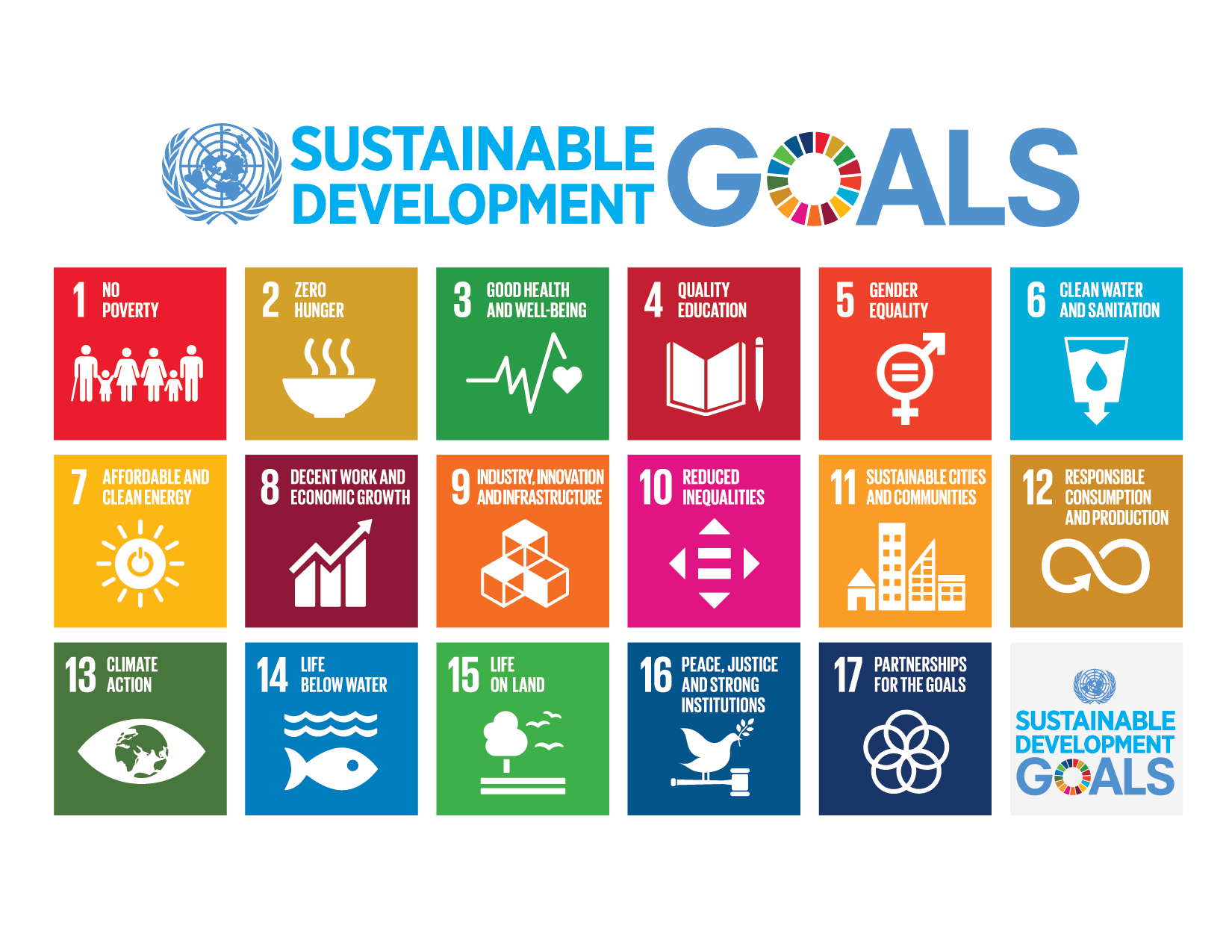The Sustainable Development Goals (SDGs)

The Sustainable Development Goals (SDGs) are at the heart of the 2030 Agenda and represent a comprehensive and indivisible perspective as well as a renewed international collaboration. Together, they build a vision for the future we want.
Through these 17 SDGs with their 169 goals and 231 indicators, the Member States of the United Nations have firmly expressed that this agenda is universal and profoundly transformative. With this agenda, old paradigms in which some countries donate while others receive conditioned development assistance are left behind. This agenda also seeks to express the principle of common but differentiated responsibilities and build a true partnership for development, in which all countries participate.
The SDGs ...
- Are universal: The SDGs constitute a truly universal frame of reference and apply to all countries. On the path towards sustainable development, all countries have outstanding tasks and all face both common and individual challenges in achieving the multiple dimensions of sustainable development summarized in the SDGs.
- Are transformative: As a program for "people, planet, prosperity, peace and partnership", the 2030 Agenda offers a paradigm shift in relation to the traditional development model towards a sustainable development that integrates the economic, social and environmental dimensions. The 2030 Agenda provides a transformative vision for a sustainable development centered on people and the planet, based on human rights and the dignity of people.
- Are civilizatory: The 2030 Agenda tries to ensure that no one is left behind and contemplates "a world of universal respect for equality and non-discrimination" between and within countries, including with regard to equality, through the confirmation of the responsibility of all States to "respect, protect and promote human rights, without distinction of race, color, sex, language, religion, political or other opinion, national or social origin, property, birth, disability or any other another condition. "
The SDGs are also a planning and monitoring tool for countries, both nationally and locally. Thanks to their long-term vision, they support each country in its path towards a sustainable and inclusive development, in harmony with the environment, through public policies and planning, budgeting, monitoring and evaluation instruments.
Attachment(s)
-
SDG 3 Regional Overview 2025
SDG 5 Regional Overview 2025
SDG 8 Regional Overview 2025
SDG 14 Regional Overview 2025
SDG 17 Regional Overview 2025
SDG 1 Regional Overview 2024
SDG 2 Regional Overview 2024
SDG 13 Regional Overview 2024
SDG 16 Regional Overview 2024
SDG 17 Regional Overview 2024
SDG 6 Regional Overview 2023
SDG 7 Regional Overview 2023
SDG 9 Regional Overview 2023
SDG 11 Regional Overview 2023
SDG 17 Regional Overview 2023
SDG 1
SDG 2
SDG 3
SDG 4
SDG 5
SDG 6
SDG 7
SDG 8
SDG 9
SDG 10
SDG 11
SDG 12
SDG 13
SDG 14
SDG 15
SDG 16
SDG 17
